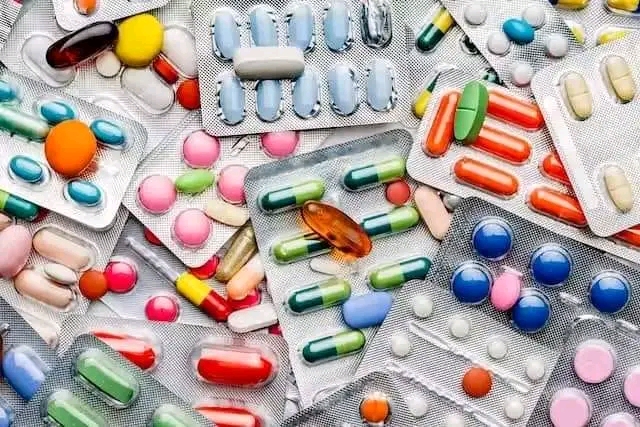The cost of basic drugs, such as antibiotics, analgesics, anti-diabetics, and key medications for chronic conditions, has doubled, tripled, or even quadrupled in some instances, leaving many patients struggling to access the healthcare they desperately need.
The alarming rise in drug prices, its impact on healthcare access, and the urgent need for solutions have become overriding to ensure that falling sick does not become a financial death sentence.
Hardest hit by the exponential surge in prices of drugs are the poor, notably those on the minimum wage and below, those without steady sources of income, and particularly those without reliable health insurance, like Idowu Akinyemi, a single mother.
When Idowu, who is living with diabetes, went to purchase her insulin, she was shocked to discover the price had gone up for the second time within a fortnight.
“The last time I purchased my insulin, it was around N3,000, but now when I went to check at the pharmacy, it is over N5,000, almost double,” lamented Idowu who noted that with each passing month, the cost of her insulin climbs higher, forcing her to choose between medication and feeding her children.
Dokun Bolarinwa, diagnosed with high blood pressure, said he had been on regular treatment, but noted that the soaring price of his medication was gradually forcing him to default in adherence to the guidelines of his treatment.
“I’m a retired civil servant with no stable income. Over the past few years, I have been managing my condition with family support and goodwill, but these days, things are tough. I’m already skipping certain medications because I cannot afford them, and if care is not taken, I may be forced to abandon treatment altogether.
Ade Ogun who bought a medicated cream for his skin rash was amazed when he discovered the drug had doubled in price a week later.
“I bought a tube of Nixoderm for N500, but when I went back to the the same shop to purchase another one some days later, the price had gone up 100 per cent. It was an unexpected increase,” Ade noted.
Funmi Olaoye, a housewife and mother of an ashtmatic child was also concerned about the high cost of drugs. “My son needs medication for his asthma, but I can barely afford half the dose. It’s a constant struggle,” she lamented.
Among factors contributing to the increase in drug prices are rising production costs, delays in global supply chains and local supply challenges, as well as the declining value of the naira.
Those bearing the brunt more are the vulnerable groups, including children, pregnant women, the elderly, and those with underlying or pre-existing health conditions and those that require regular medication.
Experts say the consequences of this development could be devastating and could lead to undesirable complications, delayed diagnoses, and even preventable deaths.
The lack of insurance coverage is also there. Most health insurance plans in Nigeria do not cover chronic ailments comprehensively. So in most cases, the patient has to pay out of pocket.
Already, worries about affordability of treatment and drugs from delays in treatment or skipping of doses leading to complications, worsening health outcomes, and even becoming common.
Health watchers blame the development on a combination of factors, including depreciation of the naira, global supply chain disruptions, and increased drug production costs.
